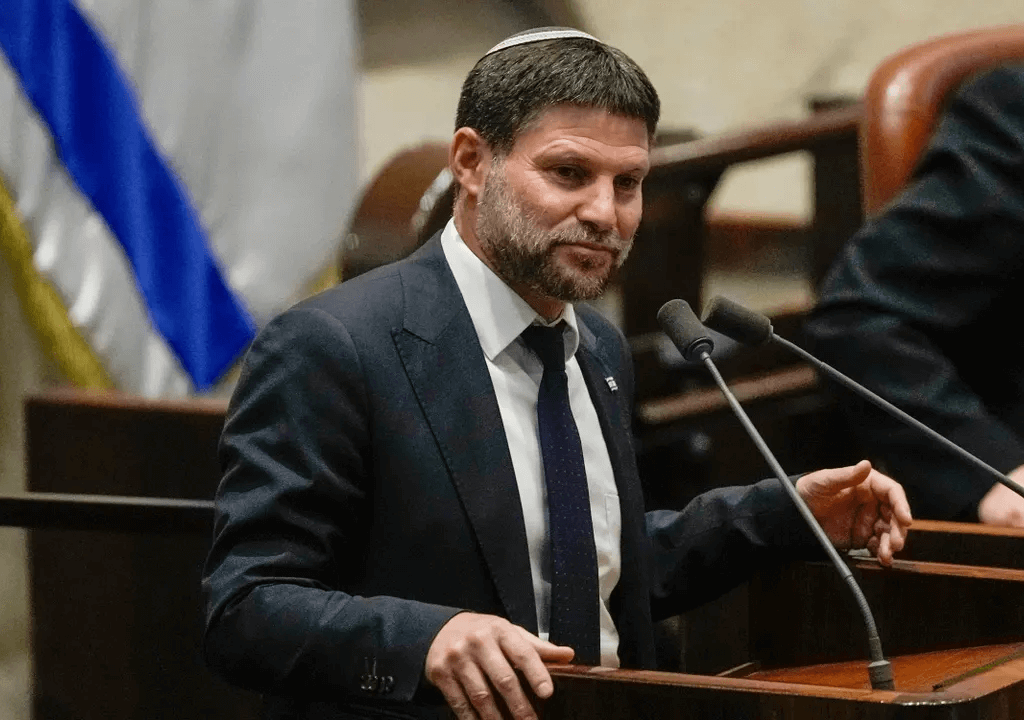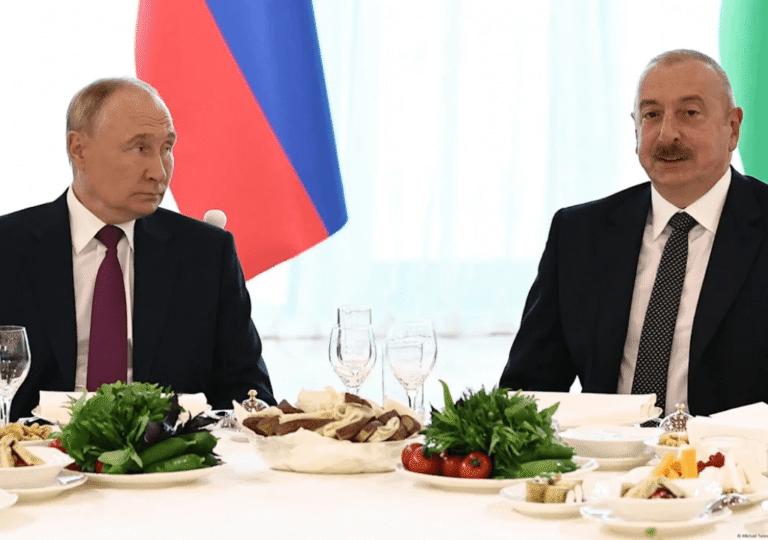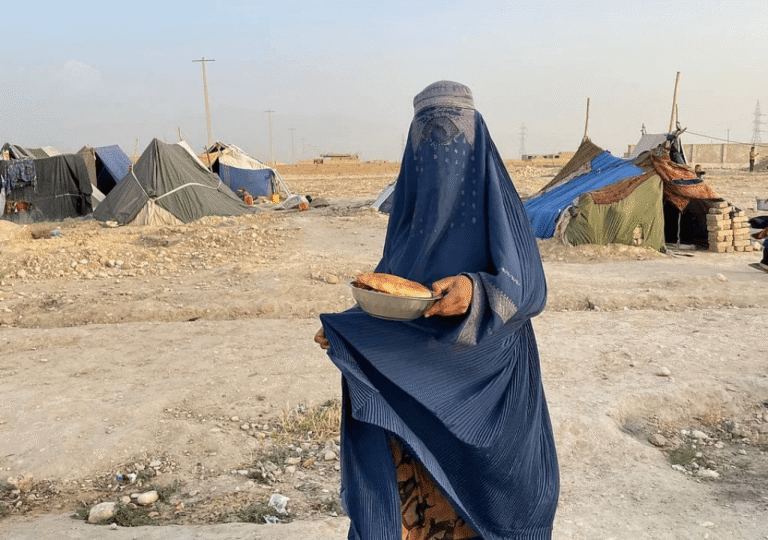The prolonged war and failure to save hostages are troubling Israeli politics. The ongoing conflict in Gaza, which began as a retaliation against Hamas’ terrorist attack on October 7, is not seeing an end in the near future, and the hostages taken by Hamas are still in their custody. Israel’s mission in Gaza aims to eliminate future threats and rescue the hostages. However, many months have passed, and Israel is not any closer to achieving its objectives. The death toll in Gaza has risen, and international pressure for a ceasefire is mounting, with protests emerging against the prolonged war within the border. Consequently, the war-time cabinet, formed after the Hamas attack, is showing signs of division. For Israel, rescuing the hostages held by Hamas is paramount. The pressure to release them might lead Israel to propose the current hostage deal, a deal with terrorists, which Hamas has yet to agree to. Even though the people of Gaza suffer under harsh conditions and Hamas shows no willingness to cooperate, the mounting death toll adds to the global criticism faced by the Israeli government.
As the war drags on, the government’s unity is fracturing, leading to expected splits and resignations. In the latest incident, the far-right Israeli war cabinet member Bezalel Smotrich, upon whom Prime Minister Benjamin Netanyahu now relies to maintain the government after the resignations of more moderate ministers who actively sought a post-war Gaza plan, declared his opposition to the proposed hostage deal over the weekend. Smotrich’s remarks, made during a Knesset (Parliament) committee meeting, came amid the fallout from the resignation of former army chief of staff, critical of Netanyahu, Benny Gantz, from the war cabinet. Gantz’s departure, as the leader of the center-right National Unity party, leaves Netanyahu with enough seats in his coalition but makes him even more dependent on the support of Far-right allies, such as Smotrich, serving as the finance minister, and Itamar Ben-Gvir, holding the position of national security minister. These allies have repeatedly threatened to withdraw support over any ceasefire deal that involves hostage negotiations. Relying on these far-right, war-demanding factions will also disturb the United States and other Western countries.
Smotrich’s concern reflects a common concern among Israel’s right wings: Hamas demanding the release of hundreds of murderers and terrorists in Israeli custody in exchange for freeing the hostages. He labeled the negotiated deal as “Collective Suicide”, fearing it would result in the murder of Jews. According to Smotrich, when Hamas seeks to end the war while still thriving in Gaza, it indicates the group is arming itself, digging tunnels, and acquiring rockets, posing a threat to Jewish lives.
The rescue of hostages happened on the same weekend as Gantz’s departure, giving Netanyahu some advantage. However, Smotrich’s remarks further cast doubts on the government. It was hoped that the rescue, where Israel freed four Israeli hostages held in Gaza in an operation that resulted in the deaths of over 270 Palestinians and the injury of hundreds more according to Gaza’s health ministry, would calm down protests from others. But his remarks highlight Netanyahu’s diminishing political maneuverability just 24 hours after the Israeli media’s celebratory headlines about the hostages’ rescue. Netanyahu, initially celebrated for the operation’s success, met each hostage as cameras rolled. While there was a threat from the allies, in circumstances for freeing hostages, recent opinion polls had shown some progress in rehabilitating his image, which was previously low before the Hamas attack.
While Hamas continues to negotiate while holding 120 hostages, the Right wing demands replicating such an operation for the remaining hostages instead of a hostage deal. Columnists in the Israeli press have cast doubt on the idea that the hostage rescue operation eliminates the need for a hostage deal. But it is expected that captives will be guarded more closely, making a negotiated deal even more crucial. Netanyahu appears to be moving to consolidate his grip on the government amid reports that he is considering scrapping the emergency war cabinet in which Gantz served. Gantz was well-regarded by some Western diplomats, particularly in the US, where he was perceived by the Biden administration as a voice of reason. The United States is also apprehensive about the growing influence wielded by Smotrich and Ben-Gvir. Besides the hostage deal issue, in further signs of tensions within the coalition, Defense Minister Yoav Gallant announced his intention to defy Netanyahu and Oppose a contentious bill aimed at conscripting a limited number of ultra-Orthodox men into the military.
The split in the case of the Israel-Gaza conflict is not only within Israel but also throughout the world. The global left and liberals are calling for an end to the Gaza attack, while the right expresses concerns about negotiating with a terrorist organization and setting a dangerous precedent. Although Israel’s proposed hostage deal is a possible solution in the current situation in Gaza, the chance of carrying it out is diminishing due to political splits in Israel’s government. Linked to the political moves in Israel is how Hamas will interpret recent events, including the hostage rescue mission. Some have speculated that the raid and the high number of casualties may be a blow to the morale of Hamas, while others have suggested that Hamas leaders may be more interested in the splits in Israel’s political establishment. And these events will possibly bring blame on Israel. Israel now can’t live peacefully with Hamas-supported Gaza, and Israel’s action in Gaza will bring more global blame to Israel. Hence, Netanyahu’s optimal course forward lies in a well-structured Gaza plan complemented by a hostage deal, even in the face of opposition from his own government.








